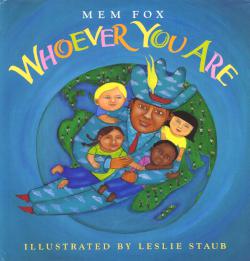Reading with a child (of any age)

The quickest way to kill interest in a book for many students is to make it into a study topic! I had one teacher who managed to drag out Steinbeck's 'The Red Pony ' over two terms. No mean feat given that my copy has only 95 pages. It is a brilliant work and incredibly moving but, for years to come, most of my classmates would groan every time a pony was mentioned. Reading a book with your child can be used to build bonds and develop topics of conversation between generations. You don't have to make this exercise into another chore, try to approach it with a sense of wonder at what decisions and thoughts your child might reveal. Explain to your child that you will be reading the same work simultaneously and creating a family book club. Decide who will be the book club manager and generate discussion questions. Draw lots if necessary! Steps: 1: Your child (or any age!) choses a book for you both to read. They are in control but tr...

